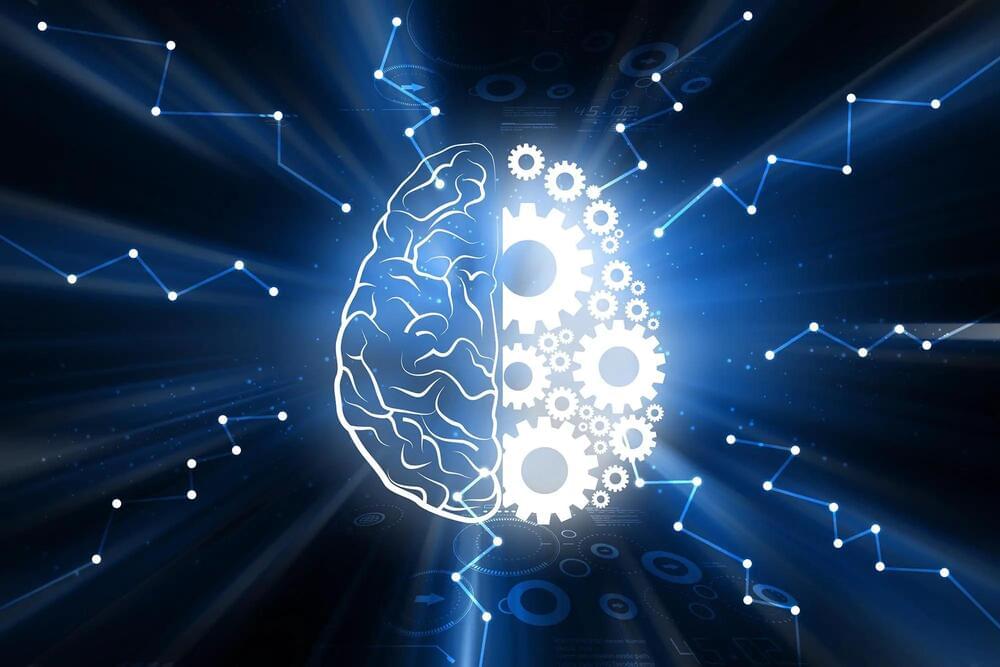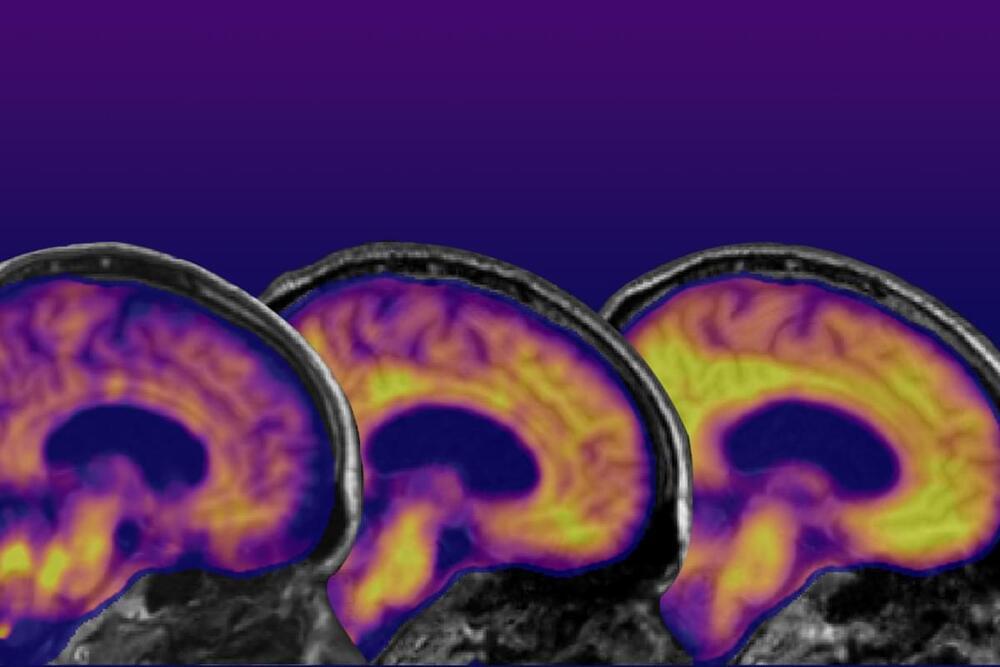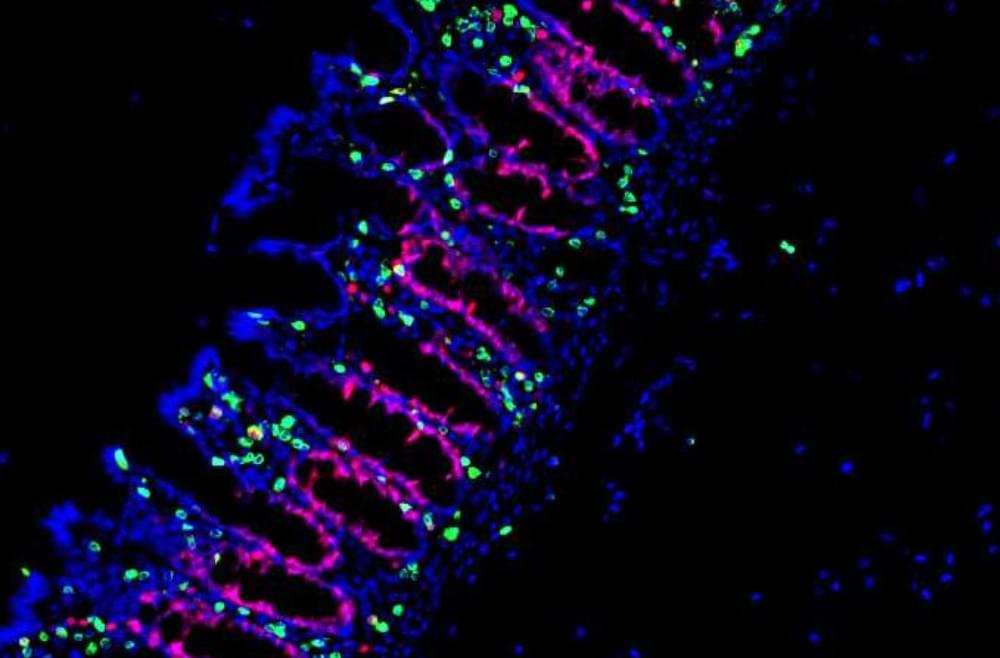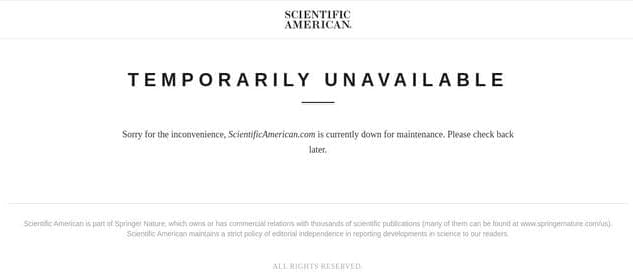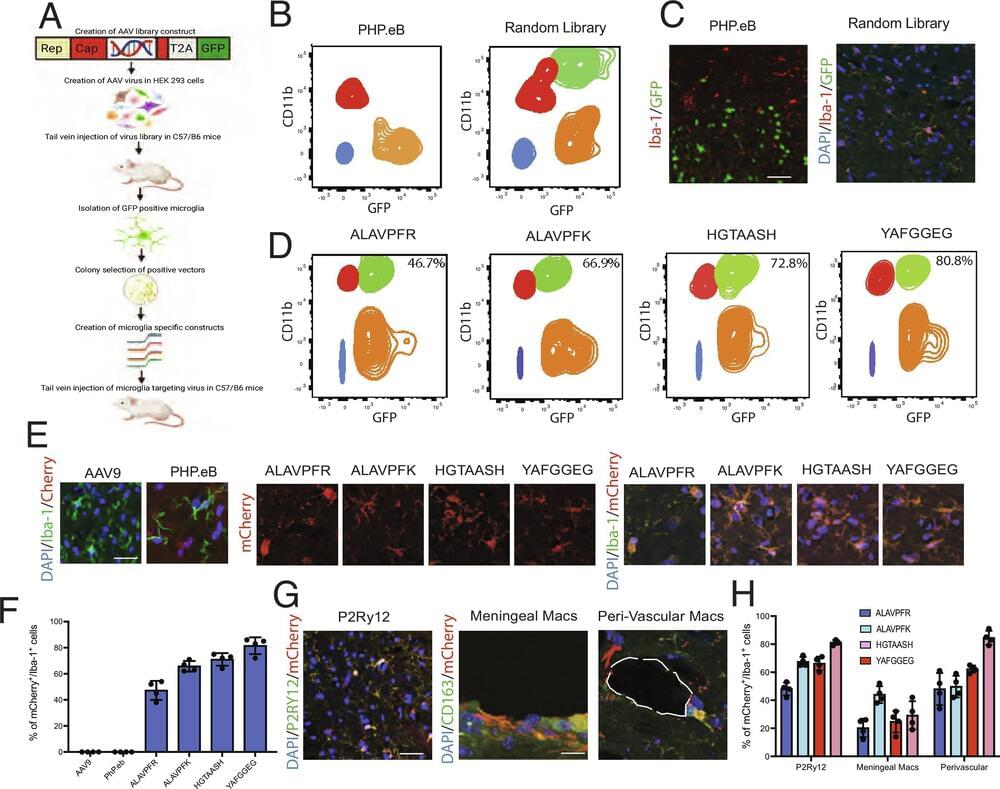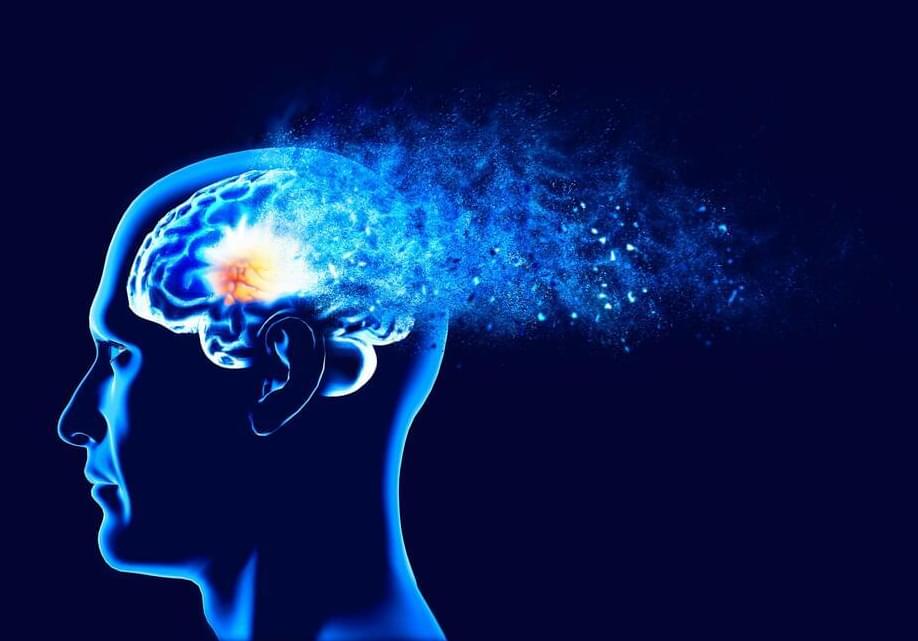Sep 16, 2023
Nanomaterials shape and form influences their ability to cross the blood brain barrier
Posted by Dan Breeden in categories: biotech/medical, health, nanotechnology, neuroscience
Zhiling Guo, a Research Fellow at the University of Birmingham outlines research into how nanomaterials found in consumer and health-care products can pass from the bloodstream to the brain side of a blood-brain barrier model with varying ease depending on their shape. A new study reveals that this may create potential neurological impacts that could be both positive and negative.
https://www.birmingham.ac.uk/news/latest/2021/07/nanomateria…study.aspx

